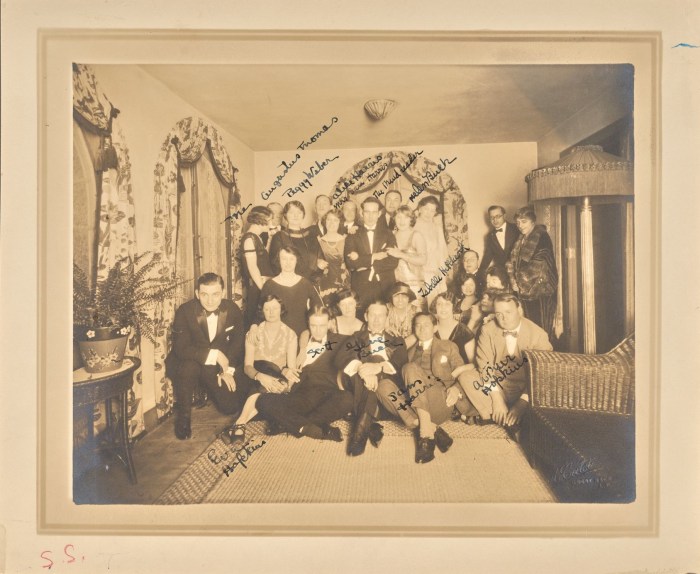Billy Collins has served as Poet Laureate of the United States, shared stages with the likes of Paul Simon and Sir Paul McCartney, is a published poet and has been a renowned scholar and professor for decades. With such a wealth of material under his belt, these are three giants of the written word who’ve helped put him on the path to becoming a respected literary lion.

Samuel Taylor Coleridge
“I learned a lot from [this] Romantic poet. He has a set of poems called ‘The Conversation Poems.’ And all of these poems begin with him at home. So he’s in a domestic setting. He’s in the living room or in the backyard. It’s all about location, location, location. Here I am, in front of the fireplace. Here I am, in front of an apple tree in my backyard. Then the poems take off and move into areas of imaginative speculation, wonder and even philosophical thought. I was impressed by the fact that you can get the reader located very early in the poem, like I’m sitting here looking at this tree, and the reader pretty much has to accept that, and to get the reader on board by making no demands at the beginning of the poem. And then to increase the demands as the poem moves along. I learned that pattern from Coleridge. I’d say even the poems I write today, many of them follow that same pattern.”

Emily Dickinson
“From Emily Dickinson, I learned how to combine very common language with very complicated language. A word like teacup being simple and a word like civility being complex. She was a master of leaping from these two personalities of English language. Like we have the word face and the word countenance. We can usually choose between the abstract and the specific word.”

Robert Frost
“Frost is probably the master of craft. My poems don’t follow regular meter and rhyme but I think what I’ve inherited from Frost and other metrical poets is a sense of rhythm. A lot of my revisions in my poems are trying to make the cadence better or smoother. Also, the slyness of Frost. He’s wily and has a kind of dodgy relationship with the reader because he often doesn’t mean what he says. Good fences make good neighbors. Everyone quotes that but he disavows that in the poem. It’s this neighbor that’s saying that. Frost doesn’t believe that. In fact, he believes the opposite. So he’s cagey and I like being that way often with the reader instead of being earnest and trying to be sincere and emotionally convincing.”



































